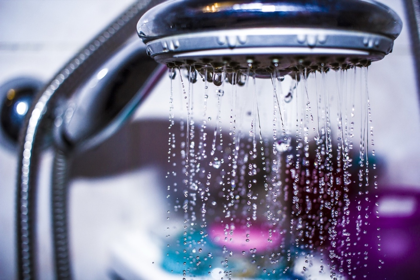Practical measures for saving hot water
Here are some practical measures that we can all put in place to try to save hot water, and so save more money on energy bills.
In the first place, and in relation to the use and maintenance of the taps, we must always keep in mind the water discharge pressure, and of course, in all cases avoid excessive use of water.
Apart from always remembering to turn off taps and never leave taps open for no reason, it is also essential to ensure that all taps throughout our home are kept in good condition. It is always best to quickly repair any small damage or leakage of water from taps, and regularly clean both taps and their filters (if installed). Another great idea is to use a diffuser if there is not already a built-in diffuser because these greatly improve water consumption efficiency by reducing the level of consumption while still providing ample water for our daily needs.
Boilers and heaters
Boilers and heaters must also always be an important focus of our practical measures to save hot water.
Whether your hot water system uses a conventional boiler, gas combi boiler or oil boiler, the correct temperature should be around 60°C to avoid any bacteria growth. In general, all hot water heating systems have regulators and control systems; check the temperature and adjust these as necessary.
More tips to save hot water
To use less energy to heat the water, it is important to consider the following recommendations, which will help you save money by the amount of energy not consumed.
- Check the temperature of your hot water. To wash, you do not need to have it more than 60°C.
- Put the plug in the bathtub when using hot water.
- To keep the water hot longer, insulate the hot water pipes to prevent heat loss and place a liner or insulation over the hot water tank. In addition, it will use less energy to heat it.
- Use the shower! A bath consumes around 5 times more hot water. Buy a low flow shower head for more efficiency and in a short time, you will recover the cost of the purchase.
- Avoid washing the dishes under a continuous stream of hot water, and do not rinse them before using the dishwasher.
- Repair any problems with hot water taps immediately.
These are small acts of daily life that will help us to reduce the consumption of hot water, and therefore, will allow us to save the energy necessary to generate it, either electric or gas, which means more money in our pockets!



 Flowers- The Best Gift For Mother’s Day
Flowers- The Best Gift For Mother’s Day